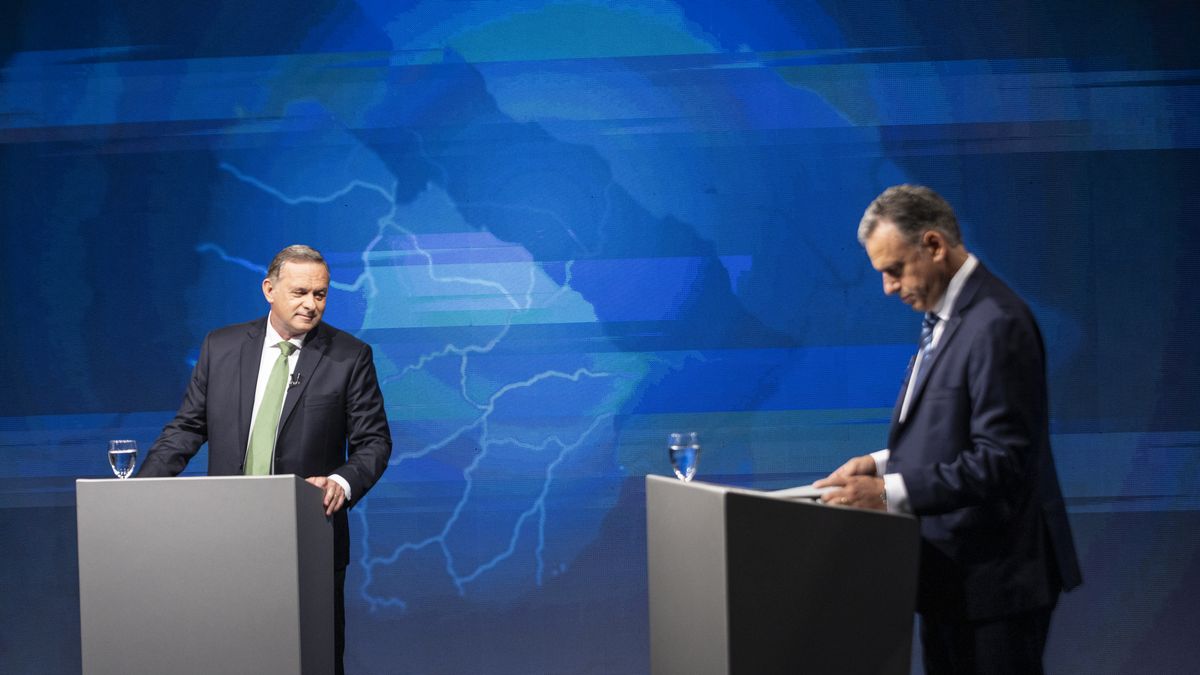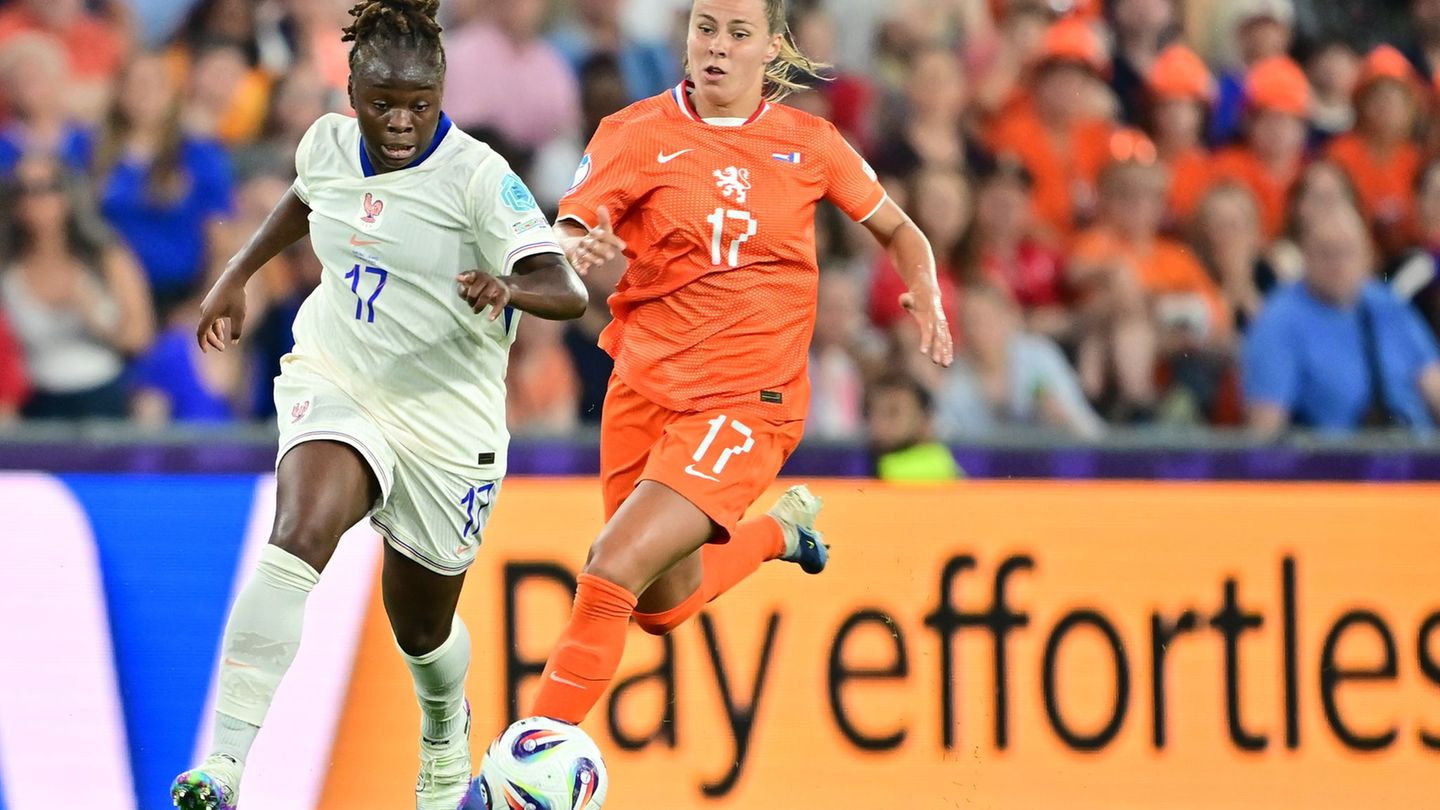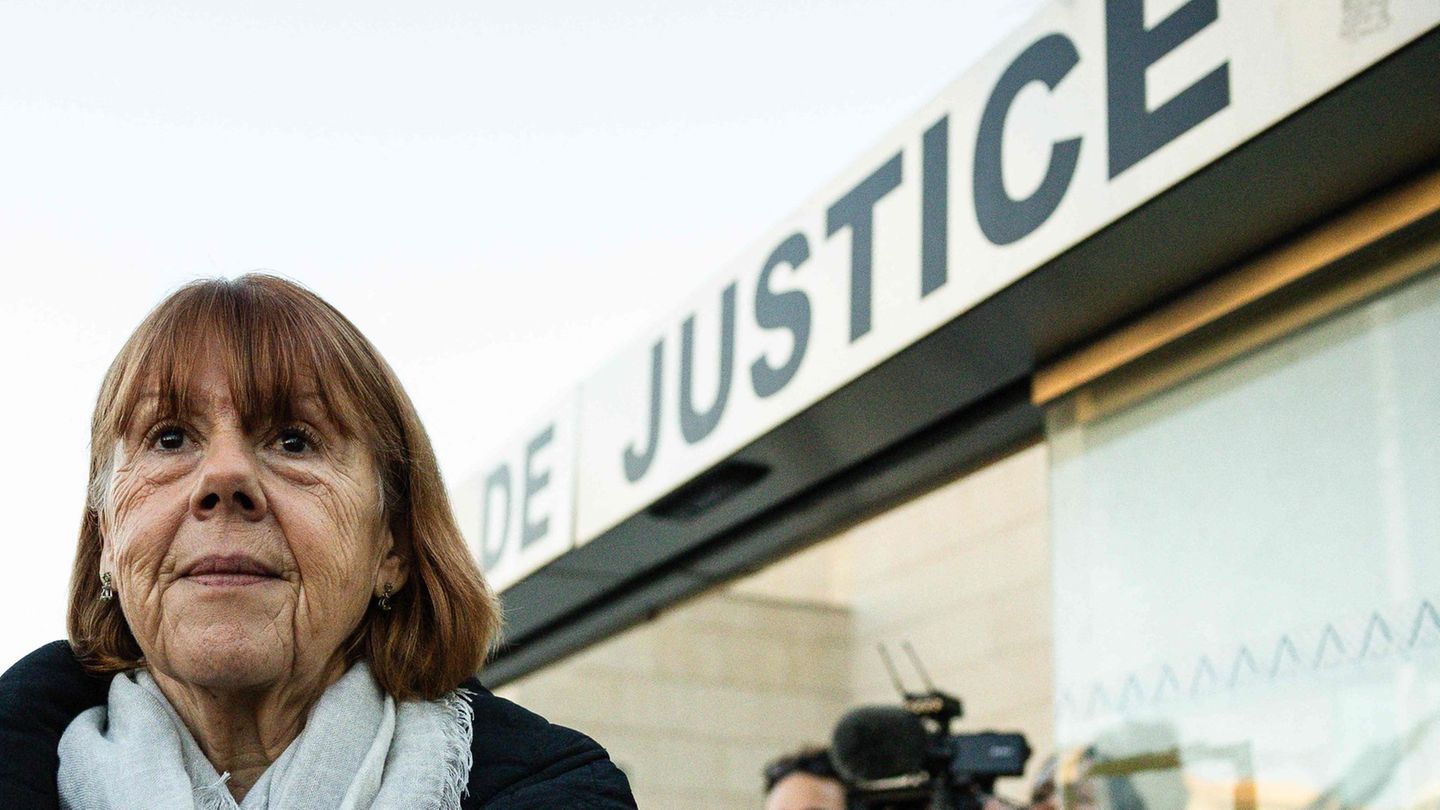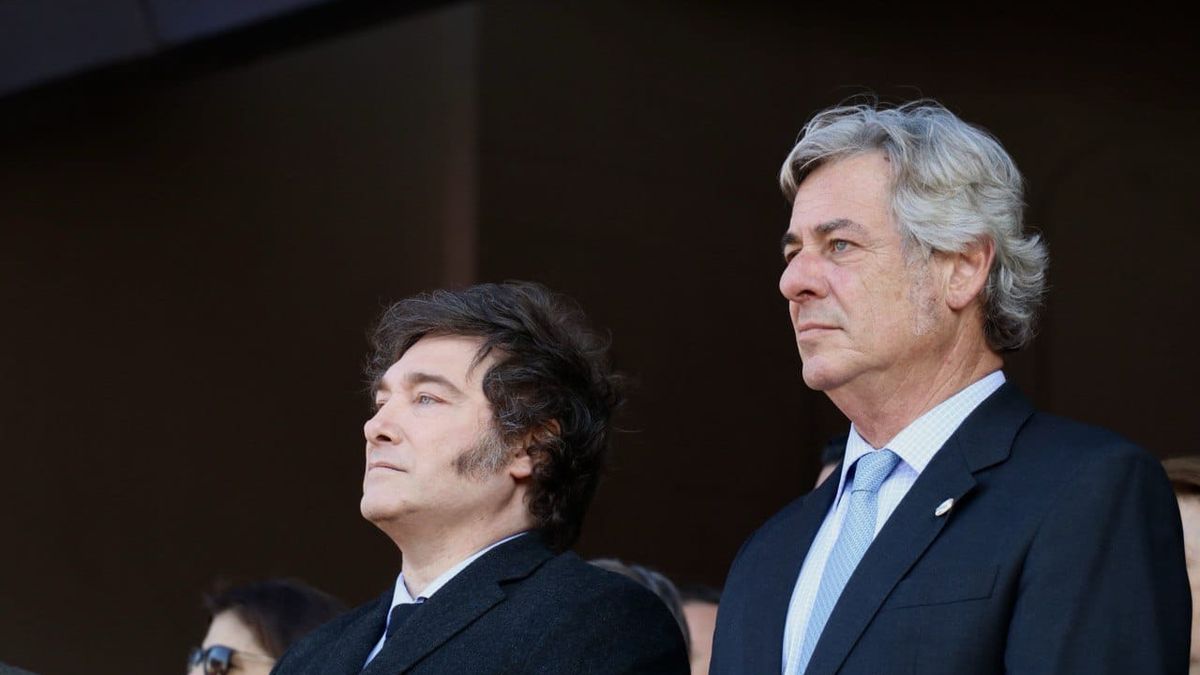Yamandu Orsi and Alvaro Delgado They finally had their presidential debate night, a meeting for which the expectations – with Monday’s newspaper in hand – were too much.
The debate was more like a monographic exhibition than a one-on-one discussion. Do not be fooled, as a civic instrument it is always valuable for candidates to confront each other, present their proposals and answer questions.
The nonexistence of this last point is probably one of the main reasons to explain what happened. For an hour and a half, Orsi and Delgado repeated campaign promises. There were figures, phrases with spot rhetoric, self-praise of management successes…
It was a replica of what the electoral evolution has been until now to the point that the most heated moments of a clearly flat debate were the same ones that have crossed the candidates: the security and the future of social security system. Although without news in this regard, without crosses that would force each position to be detailed.
There were calls from one to another on some sensitive issues, such as when Delgado asked Orsi to explain the Frente Amplio’s refusal to vote on projects linked to security or when the former mayor of Canelones exposed inconsistencies in his rival’s economic statements. But in general, these invitations did not find an echo.
The result was a safe, comfortable debate for Orsi and Delgado. Both teams felt their winning candidates, there were no faces of disappointment or final concern. Everything turned out as expected.
As we have said previously, in public opinion studies the idea prevails that debates rarely have the power to tip the balance towards one candidate or another. They do serve to consolidate the decided votes.
In that case, Orsi and Delgado resume their agendas today for just four days until the start of the electoral ban with the same political capital that they had yesterday at 9 p.m.
The challenge for each one continues to be the voters who supported the rival party without being a voter convinced of that force. And the large percentage of undecidedbetween 5 and 8% depending on the poll, which will define – or not – your vote in the 24 hours prior to the runoff next Sunday.
Source: Ambito
I am an author and journalist who has worked in the entertainment industry for over a decade. I currently work as a news editor at a major news website, and my focus is on covering the latest trends in entertainment. I also write occasional pieces for other outlets, and have authored two books about the entertainment industry.




